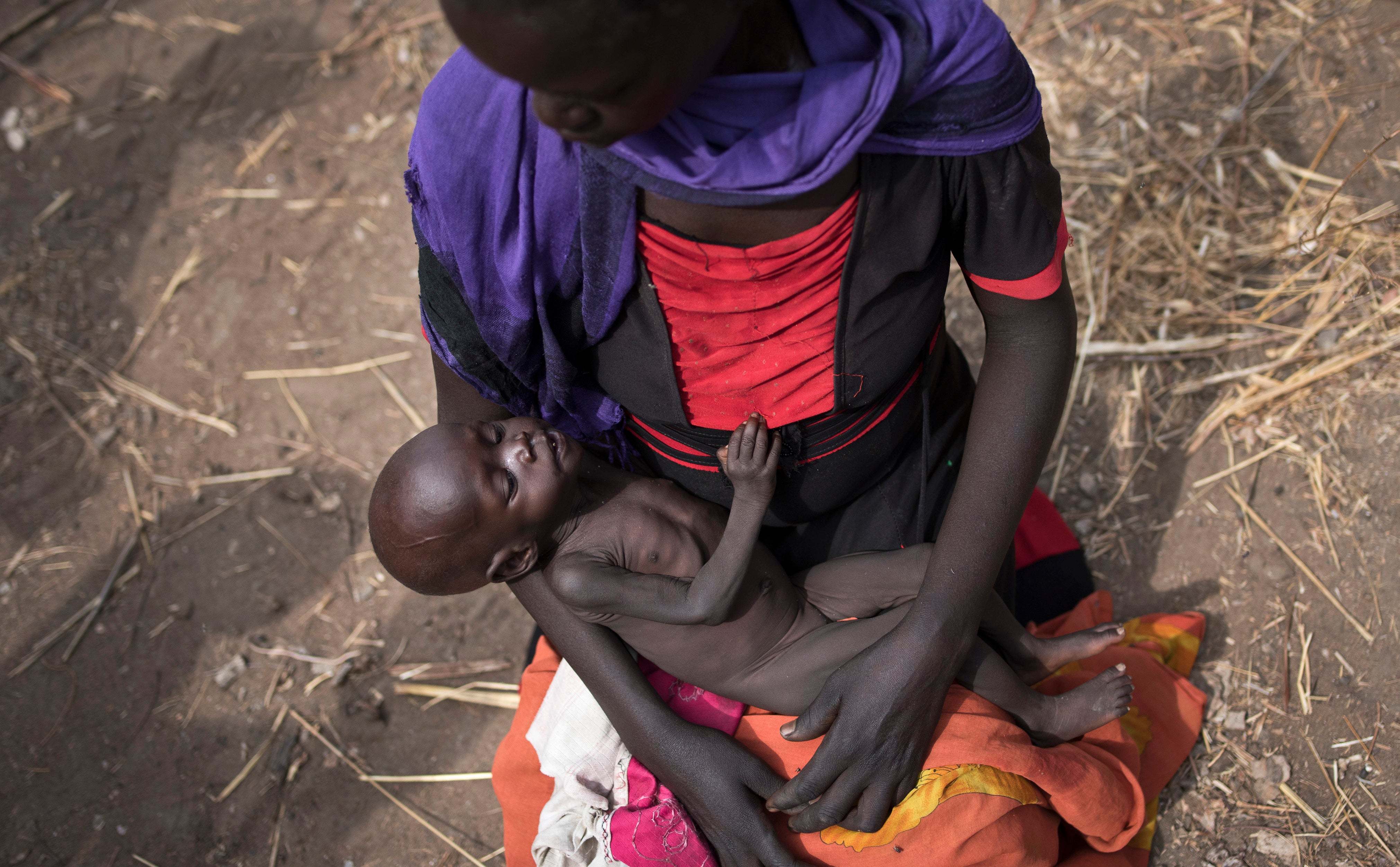Warning of famine, UN releases $100M to seven countries
The United Nations humanitarian office is releasing $100 million in emergency funding to seven countries at risk of famine in Africa and the Middle East amid conflict and the COVID-19 pandemic

Your support helps us to tell the story
From reproductive rights to climate change to Big Tech, The Independent is on the ground when the story is developing. Whether it's investigating the financials of Elon Musk's pro-Trump PAC or producing our latest documentary, 'The A Word', which shines a light on the American women fighting for reproductive rights, we know how important it is to parse out the facts from the messaging.
At such a critical moment in US history, we need reporters on the ground. Your donation allows us to keep sending journalists to speak to both sides of the story.
The Independent is trusted by Americans across the entire political spectrum. And unlike many other quality news outlets, we choose not to lock Americans out of our reporting and analysis with paywalls. We believe quality journalism should be available to everyone, paid for by those who can afford it.
Your support makes all the difference.The United Nations humanitarian office is releasing $100 million in emergency funding to seven countries at risk of famine in Africa and the Middle East amid conflict and the COVID-19 pandemic, while the humanitarian chief says returning to a world where famines are common would be “obscene."
A statement overnight said $80 million of the money will go to Afghanistan, Burkina Faso, Congo, Nigeria, South Sudan and Yemen. Another $20 million has been set aside for "anticipatory action to fight hunger in Ethiopia,” where deadly fighting erupted this month in its rebellious northern Tigray region.
“Without immediate action, famine could be a reality in the coming months in parts of Burkina Faso, northeast Nigeria, South Sudan and Yemen. This would be the first time famine has been declared since 2017 in parts of South Sudan,” the statement said.
A return to a world where famines are commonplace would be “obscene in a world where there is more than enough food for everyone,” U.N. humanitarian chief Mark Lowcock said.
The U.N said the money will target the most vulnerable, especially women, girls and people with disabilities.
The money breaks down as follows: $15 million to Afghanistan, Burkina Faso $6 million, Congo $7 million, northeastern Nigeria $15 million, South Sudan $7 million and Yemen $30 million.
All have been destabilized by conflict or extremist attacks.